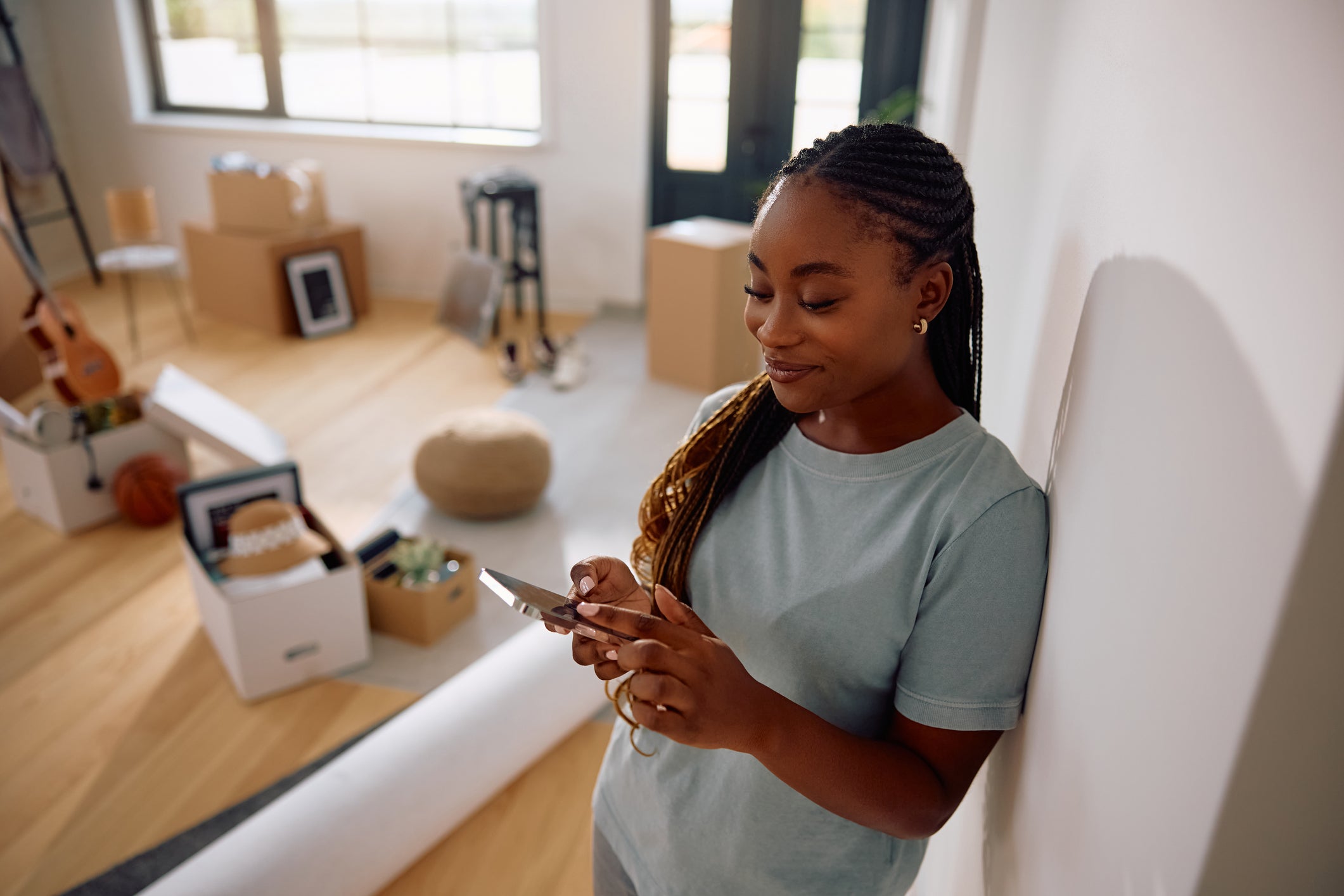People who own a home in the US may live longer, research published Wednesday said.
For American men in early adulthood who were born in the early twentieth century – from the first years of the 1900s – four months were added to their life expectancy. Oxford University said this was likely owing to positive factors tied to homeownership, including accumulation of wealth, stronger social ties, better living conditions, and mental health benefits.
“My study finds homeownership has a meaningful positive impact on life expectancy,” Casey Breen, a senior postdoctoral research fellow at Oxford, said in a statement. “These results suggest that social policies that equitably expand homeownership opportunities for Black Americans may help narrow the gap between Black and white male life expectancy in the US.”
Breen’s work was published Wednesday in the journal Demography.
While physicians have said mortality rates between Black and white Americans have have narrowed in recent years, there are still discrepancies.
“These varied outcomes in life expectancy raise significant questions. Why is life expectancy worse for some and better for others?” Dr. Eliseo J. Pérez-Stable, director of the National Institute on Minority Health and Health Disparities, said in a statement in 2022.
He noted that systemic historical issues have played a role. There were even fewer opportunities for Black Americans to own their own homes in 1940. That year, fewer than 10 percent between the age of 18 and 25 were homeowners and only 40 percent over the age of 65 owned their homes. Whereas, white Americans were nearly twice as likely to own a house as Black Americans.
Breen also found that owning a home was associated with 0.36 years of additional life expectancy for Black American men who were born during that time, and 0.42 years for white men.
To reach these conclusions, he used data from 1920 and 1940 census records, including social security death records, and a sibling-based identification strategy. They looked at life expectancy outcomes for American men who were between the ages of 24 and 35 and owned a home.
Controlling for factors like education, race, income, marital status, and family background, the study found that property value had very little impact on life expectancy.
Although, Oxford noted that the data of people used was restricted in terms of gender, ethnicity, nationality, and historical context.
“This study also shows that there is a meaningful, statistically significant difference in life expectancy between Americans owning their home and those who rent, with homeowners in early adulthood living approximately six months longer at age 65 than those who rent,” Breen added.
The study said that, going forward, expanding homeownership opportunities for minorities could be helpful in mitigating racial disparities in mortality in the US. Although, there are multiple factors complicating home ownership these days, like the economy and climate change.
Decades later, the gaps remain. The homeownership rate in the US is nearly 66 percent, according to financial services company Bankrate. Bankrate said that it increased by just over 10 million from 2010 to 2020: a smaller increase than in any other decade between 1950 and 2010. Among young adults, it said homeownership had declined from 45 percent in 1990 to 39 percent.

Agency Simply Insurance said that while 74 percent of white Americans own their home, only 47 percent of Black Americans are homeowners. A National Association of Realtors report from last year said that the gap between Black and white Americans was the largest in a decade, and Harvard University’s Joint Center for Housing Studies found that Black, Hispanic, and Native American households were less likely to be homeowners in every US state but Hawaii.
More single women own homes than men, but the Pew Research Center said in 2023 that the edge was narrowing. Single women owned 58 percent of the nearly 35.2 million homes owned by unmarried Americans, while single men owned 42 percent.
Among households headed by an unmarried person ages 65 and older, about 6 million more were headed by women: which could be because women live longer than men. A LendingTree analysis of the latest U.S. Census Bureau data said single women own 2.71 million more homes than single men.
Breen told The Independent that the data were limited to men because women often change their names during marriage, and he plans to investigate the link between homeownership on life expectancy for women in a follow-up study.
“I anticipate I’ll find similar mortality benefits for women, but of course I won’t know until I have completed the follow-up study,” he said via email.







